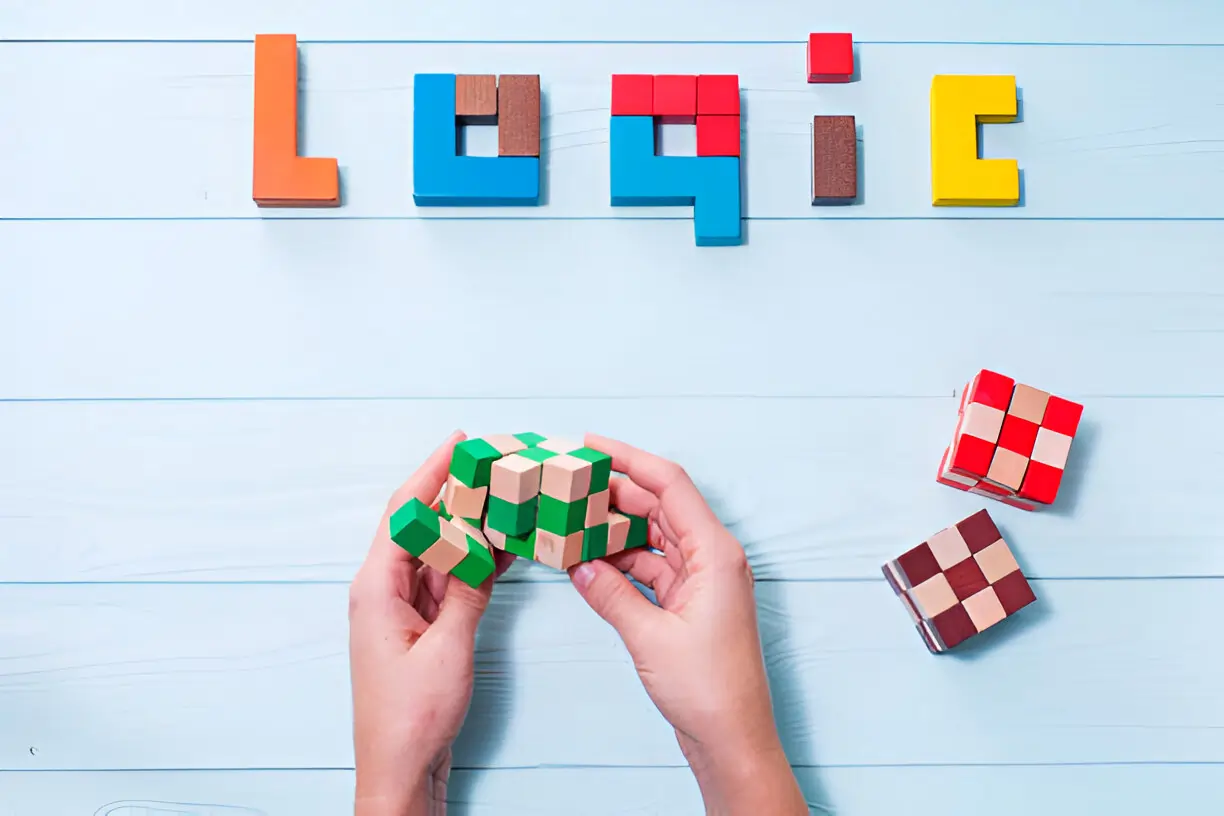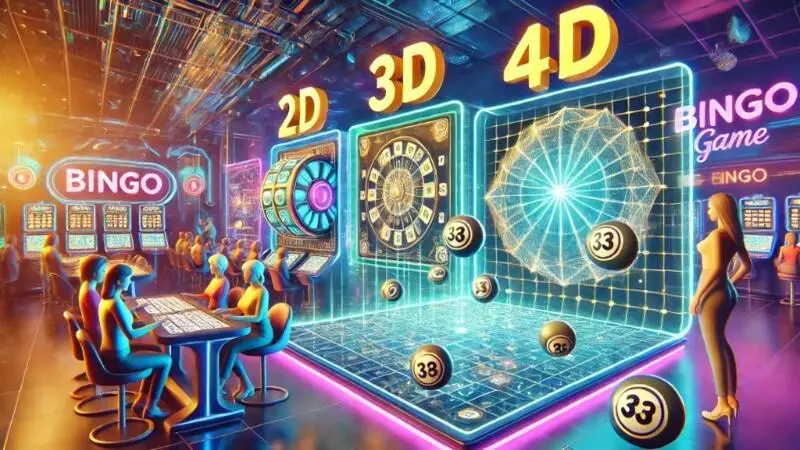The Allure of Logic Puzzles
For generations, logic puzzles have engaged people of all ages, providing entertainment and mental stimulation. The simple satisfaction of solving a tricky clue or cracking a complex pattern draws countless enthusiasts into an endless quest for the next challenge. Whether it’s the orderly grids of Sudoku, the cryptic clues of crosswords, or the layered mysteries found on sites like Pennydellpuzzles.com, the appeal lies in the mental exercise and sense of triumph that follows a well-earned solution.
The Brain’s Reward System
At the neurological level, solving a tough puzzle triggers the brain’s reward system. When you solve a complex riddle or fill in a tricky crossword, your brain releases dopamine, a neurotransmitter responsible for feelings of pleasure and motivation. This burst of dopamine not only makes the moment feel exhilarating but also creates a powerful psychological loop. With every small victory, the desire to pursue more puzzles grows stronger, fueling ongoing engagement. The addictive quality of logic puzzles is rooted in this very cycle, transforming each solved puzzle into an incentive to tackle another.
Cognitive Benefits
Regularly engaging with logic puzzles does more than pass the time it actively sharpens the mind. Studies have shown that challenging the brain with puzzles boosts cognitive functions like memory retention, logical reasoning, and problem-solving skills. The skills developed through puzzle-solving are transferable to other areas of life, from enhancing professional performance to simply remembering where you placed your keys. Over time, this ongoing mental exercise can even delay age-related cognitive decline, making puzzles a valuable tool for long-term brain health.
The Flow State
A unique sense of immersion comes from sitting down with a challenging puzzle a phenomenon known as “flow state.” In this mental zone, people become fully absorbed in the task, losing track of time and external distractions. Psychologists highlight flow state as a key pathway to personal fulfillment, as deep focus brings peak performance and genuine satisfaction. For logic puzzle aficionados, untangling a difficult problem isn’t just about finishing; it’s about enjoying the meditative, all-encompassing focus along the journey.
Sense of Achievement
Few things compare to the tangible sense of accomplishment experienced upon solving a particularly tough puzzle. Whether it’s the final piece of a jigsaw or the last clue in a cryptic crossword, each completed challenge boosts self-esteem. This feeling of mastery not only rewards the solver in the moment but also motivates a continued search for more complex puzzles. Embracing and overcoming difficult puzzles cultivates resilience and a growth-oriented mindset, skills valuable in every area of life.
Social Interaction
While many enjoy logic puzzles as solitary pursuits, they act as powerful social tools. From family nights hunched over crosswords to collaborative escapes from themed rooms, puzzles encourage teamwork and communication. Social puzzle-solving enables individuals to combine their unique perspectives, strengthening bonds and creating lasting memories. In a digital world where social interaction sometimes feels distant, puzzle-solving provides a meaningful way to engage with friends and loved ones over shared goals.
Stress Relief
Logic puzzles offer a welcome escape from daily anxieties. As solvers direct their mental energy towards decoding patterns and solving problems, their focus is momentarily removed from outside stressors. This absorption acts as a form of mindfulness, providing a restorative mental break. The predictability and structure of puzzles add to their relaxing qualities, as individuals temporarily set aside life’s uncertainties for a world where each challenge has a solution.
Variety and Accessibility
One reason logic puzzles remain so universally popular is their sheer variety. Whether you prefer traditional paper formats, digital apps, or interactive websites, there’s a puzzle to fit every taste and skill level. From brainteasers requiring only a few moments to elaborate multi-hour challenges, logic puzzles are accessible to anyone, anywhere. This flexibility makes it easy for people to fit just a few minutes of mental exercise into their day, or to indulge in a marathon session when time allows.
Conclusion
The enduring appeal of logic puzzles lies in their perfect blend of challenge, reward, and accessibility. Driven by our brains’ natural desire for achievement and reinforced by meaningful cognitive and social benefits, these addictive diversions have become more than just pastimes—they’re tools for mental growth, relaxation, and connection. Whether seeking a way to exercise your mind, bond with others, or unwind, logic puzzles offer timeless appeal for puzzle lovers everywhere.
Read more: Mistakes in Body Editing That Give Away the Work
CleverGet Disney Plus Downloader Review – The Best Choice
The Slimline Collection: Ultra-Thin Elegance from Frederique Constant




